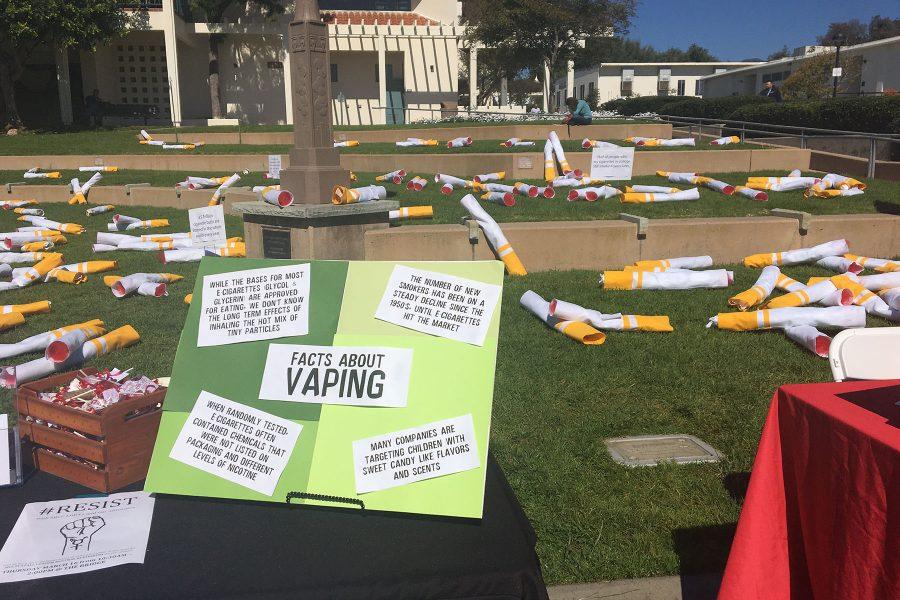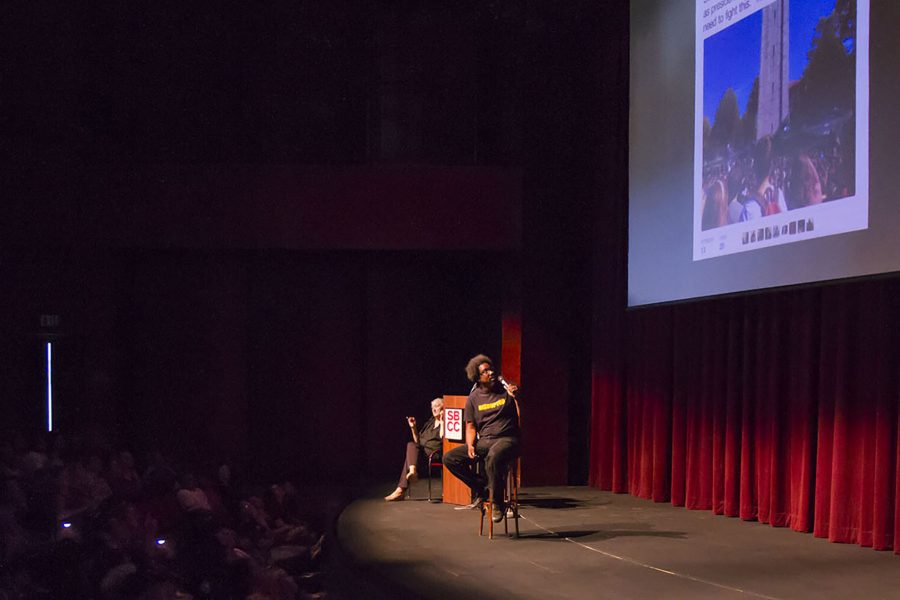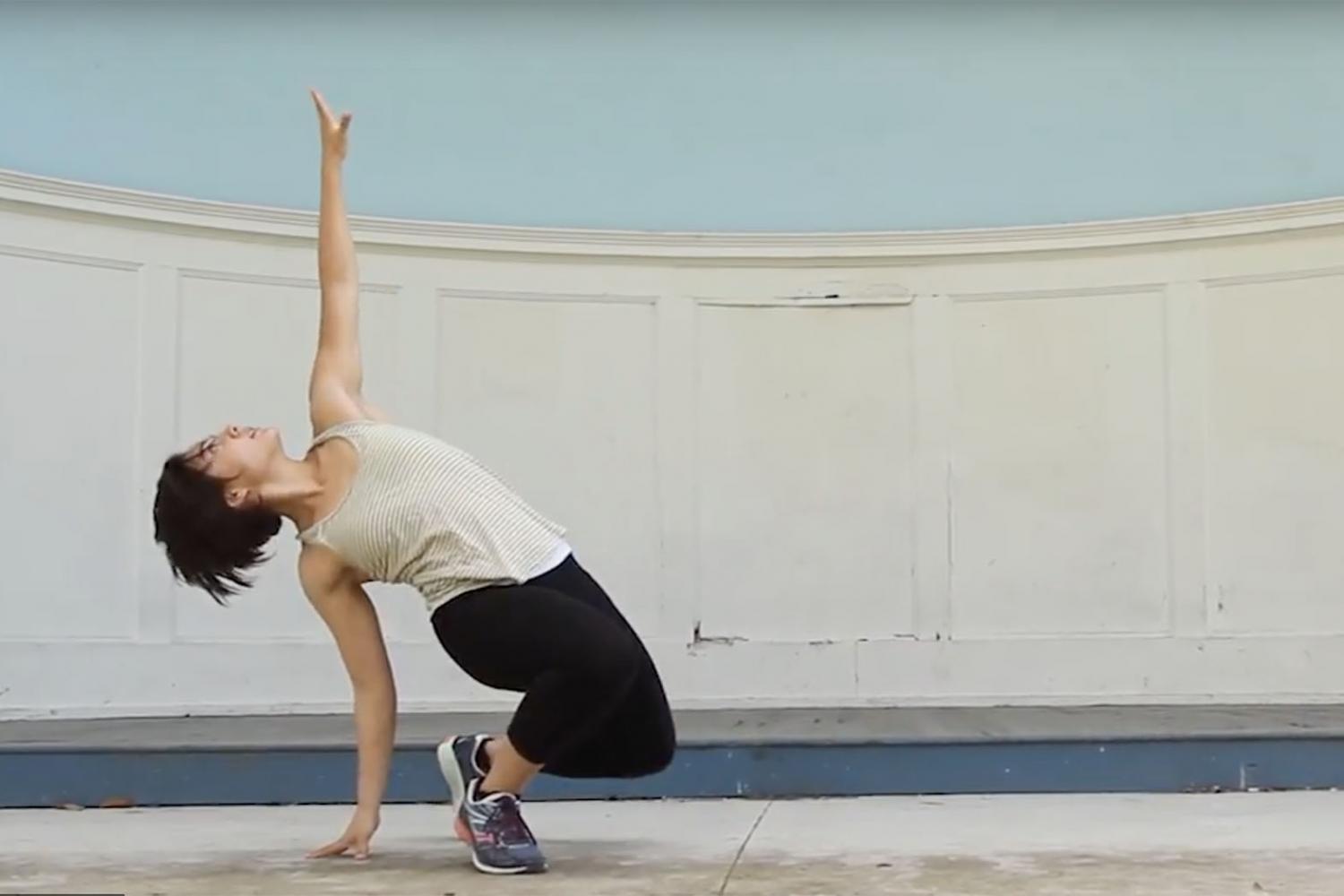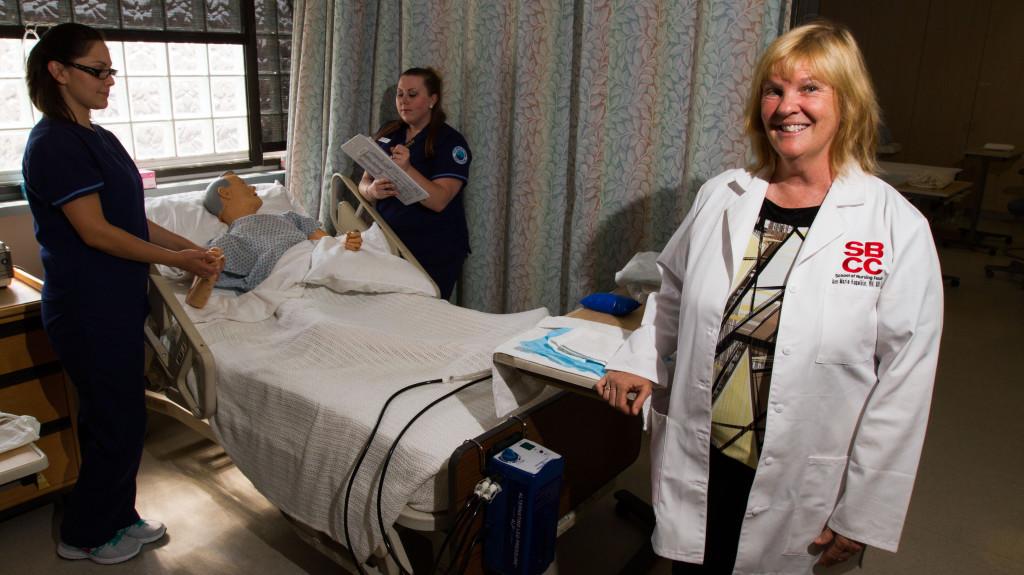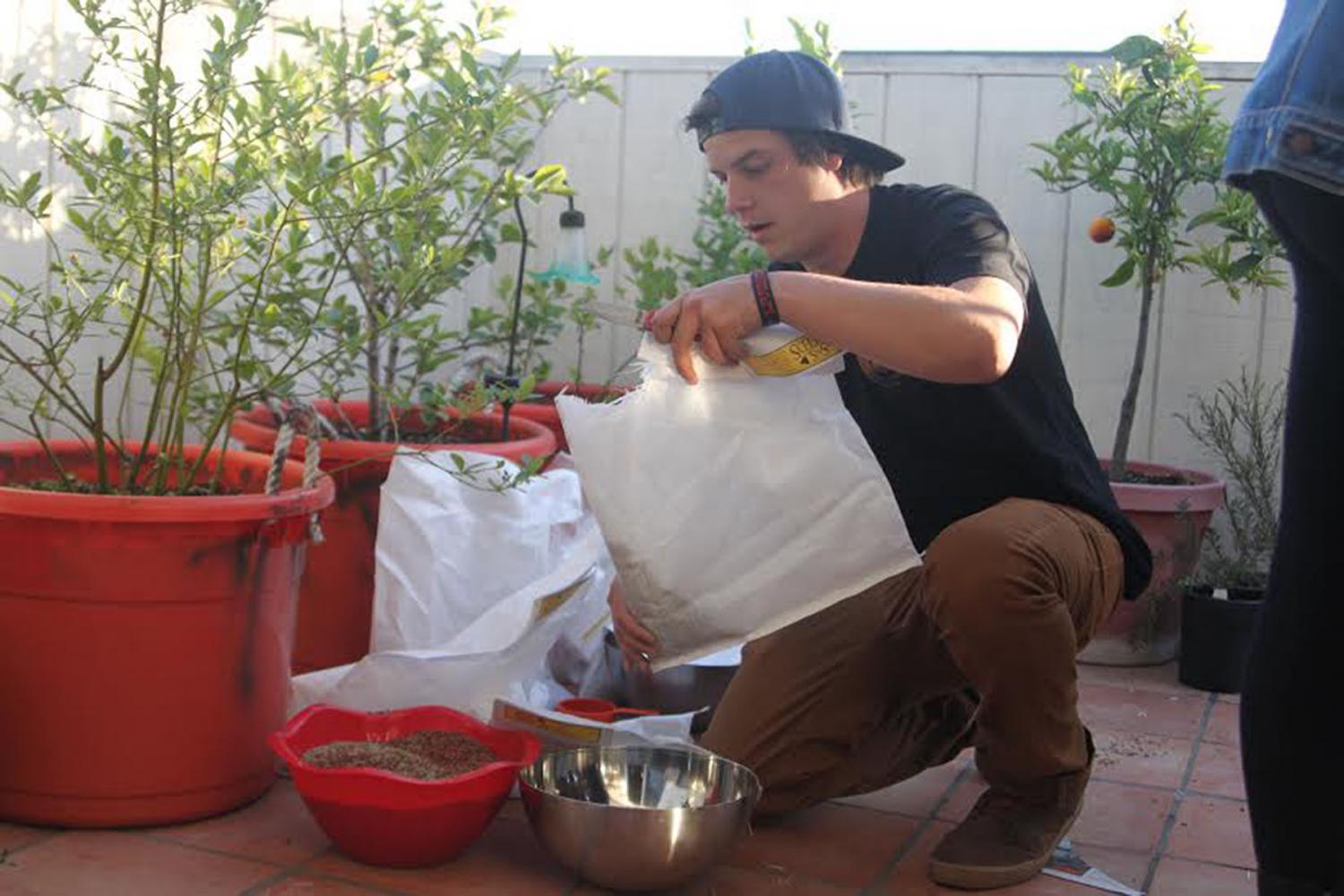Graduating from San Diego’s La Costa Canyon High School in 2003, Robert Kilborne had no illusions about what to do with his life. He always knew he would become a marine.
But even with the United States fighting two wars in two different countries, Kilborne was never deployed to the fight.
“I got blown up before I could get there,” he said.
At the Twentynine Palms training base on Feb. 7, 2007, Kilborne fell victim to a target bombing practice gone wrong. During training, an overhead fighter plane dropped a bomb on a target area designated by laser-point. But when the laser shifted by error, the bomb’s flight plan redirected in midair.
Five hundred pounds of explosives hit just 100 yards away from where Kilborne and a fellow marine were parked by their 8-wheeled miniature tank.
“I went 40 feet when the thing went off,” he said. “It flung me like a fly.”
The violent blast sent shrapnel into Kilborne’s neck, back, and legs. The force of the concussion threw him into the air, hurling him towards the tank. His body sustained enormous back and hip injuries when it smashed against the vehicle’s jutting corner.
“It was slow motion,” he said, recalling the dirt and dust that surrounded him. “All that stuff you can still taste. It’s really vivid.”
But after that, things go blank. The next thing he remembers is watching the fluorescent lights of the nearest civilian hospital going by on the ceiling, he said.
Kilborne’s spine had basically cracked, and its swelling pinched the nerves in his left leg. His leg received 67 percent nerve damage, and is still numb to this day, he said.
He returned to his unit in Jacksonville, North Carolina, where he began rehabilitation in the “wounded warriors barracks.”
It took a long time to learn how to walk again, he said.
Kilborne was in a wheelchair for six weeks, used a walker for 11 months-“tennis balls and everything,” he said-and used a cane for an additional six months.
He has had four knee surgeries for his left leg.
“By California standards, I’m 100 percent disabled,” he said.
After a physical evaluation board examined the extent of damage to his back and motor functions, Kilborne was deemed unable to return to duty. He was honorably discharged on March 30, 2009, more than two years after the accident.
For the four and a half years before his accident, Kilborne was a designated marksman and a marksmanship instructor for the marines. He led missions in 14 Eastern European countries, including Russia and the Georgia. He trained members of the Georgian military in riot control tactics and basic infantry skills.
“The marines was the best experience I’ve ever had in my life,” he said.
For Kilborne, being discharged before participating in Iraq or Afghanistan was disheartening.
“I was expecting to go to both,” he said. “Hoping to, anyway.”
He came back to the West Coast, where he moved in with his younger brother in Santa Barbara, a student at City College. Kilborne began attending the college last fall as a political science major.
He is currently in Professor Joe Martorana’s political science class. His military experience provides a valuable point of view during debates, said his 20-year-old classmate Amanda Civita.
“He talks, and everyone’s pens drop,” she said. “He’s the smartest kid in our class, hands down.”
Kilborne feels the general American public’s idea of military life is skewed. It’s so much more relevant when you’re part of the decisions, he said.
“When people talk about politics, you can tell if they really know what they’re talking about or if they’re just being arrogant,” Civita said. “Rob’s the real thing.”
After City College, Kilborne plans on transferring to law school. He also needs to plan for his final surgeries.
Kilborne’s future includes major hip and back surgery. The joints in his spine still need to be fused back together, and he could be looking at another six to 12 months of recovery.
But despite the shrapnel, the numb leg, the discharge and the years gone by, Kilborne said it was worth it.
“Knowing the outcome, I would do it all over again,” he said.



